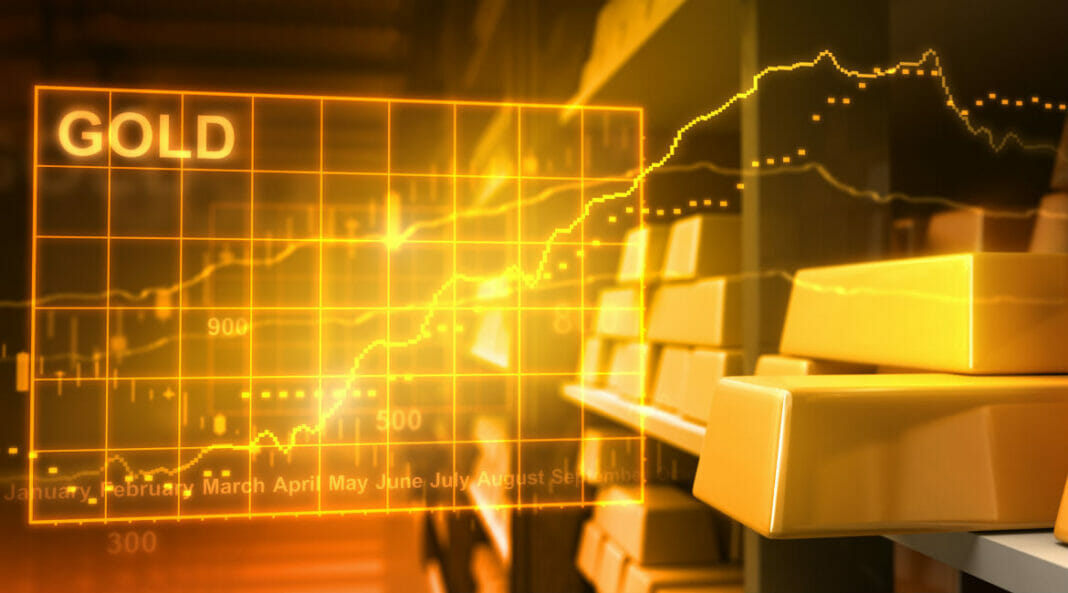Commercial establishments in the south of the country take gold as a reference to set their prices. Venezuelans use foreign fiat currencies and Bitcoin (BTC) to face the devaluation of the bolivar.
Since 2018, hyperinflation in Venezuela has reduced the purchasing power of the bolivar to practically nothing. That also affects the prices of products and services set in US dollars (USD), which increase indiscriminately in the face of economic distortion.
The traders of Bolivar State, the south of Venezuela, have set the prices of their articles, taking gold as a reference. The reason is that they seek to minimize the general lack of interest in the bolivar and the prices increase in US dollars. Although the move is drastic, many buyers agree with it as there are multiple mines in the region.
Some people who no longer use the bolivar usually buy food with grams of gold. Currently, a video that appears on social networks shows the dynamics of paying under this modality. On many occasions, buyers use the so-called “cochano” gold, that is, the one in its natural state and unalloyed.
In many commercial establishments, sellers offer the items by the dozen, with direct payment in grams of gold. People who want to buy 1 kilo of rice, sugar, or cornflour can pay with cash US dollars. In businesses near the border with Brazil, they also accept payments in reais (BRL), the Brazilian national currency.
Depending on the area, the price of gold can be in Colombian pesos (COP) or US dollars. People can buy essential goods with one-tenth of a gram of gold, equivalent to USD 5. Gold currently trades between USD 44 (18K) and USD 59 (24K) on regulated markets.
Curiously, gold traders use the low denomination banknotes of the bolivar to pack the grams they sell. When buyers receive the precious metal, they throw away the paper money as it does not represent any purchasing power.
Venezuelans Use Bitcoin as an Alternative to the Bolivar
Venezuelan citizens have used various monetary mechanisms to face the loss of value of the bolivar. While those living near the Colombian border use the peso, those near the Brazilian border turn to the real. The US dollar prevails as a store of value over other foreign currencies worldwide. However, cryptocurrencies like Bitcoin and Ethereum are increasingly gaining ground in the country.
According to a 2020 Chainalysis report, the South American country is the third to adopt Bitcoin and other cryptocurrencies in the world. The study considered four metrics: the value of all transactions received the value of operations in retail stores, the trading volume on P2P platforms, and the total of deposits in cryptocurrencies.
At the moment, Venezuela is the country with the highest inflation in the world. Statista records indicate that it reached 65,000% in 2018 and fell to 19,900% in 2019. In 2020, the level of inflation was around 6,500% and could close this year at about 5,500%.
By Alexander Salazar











